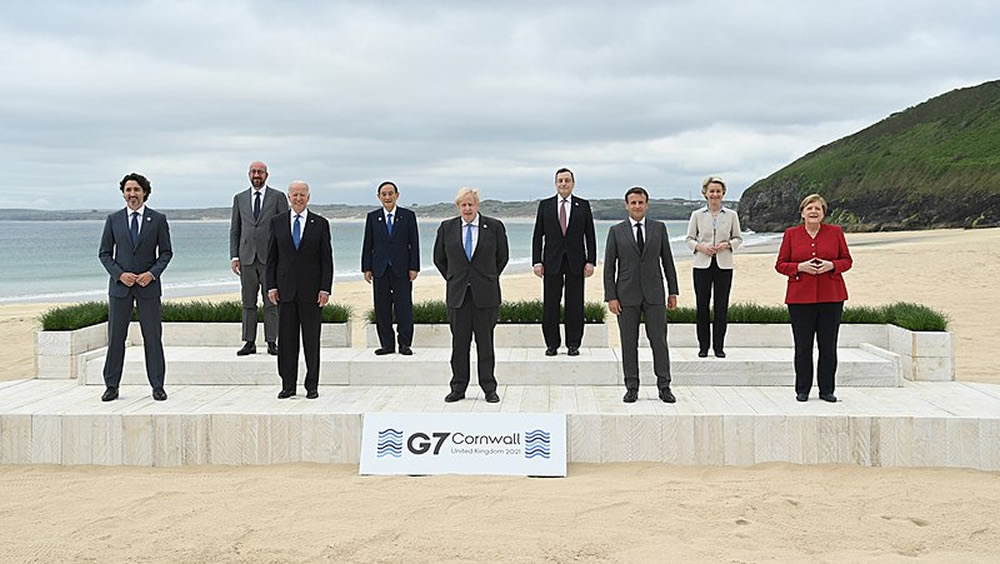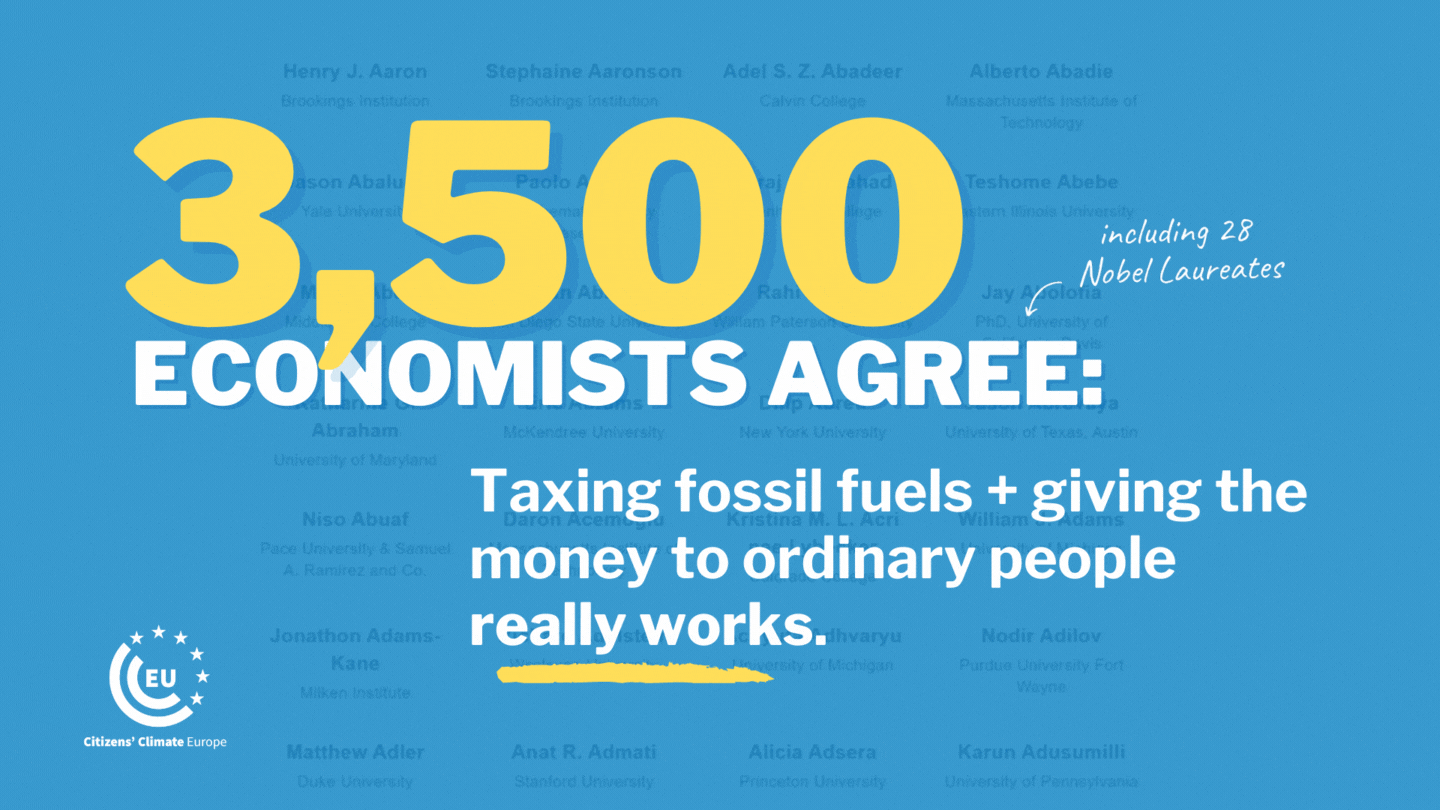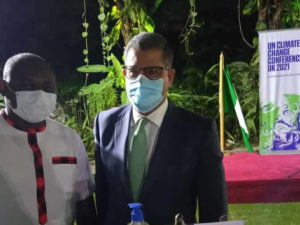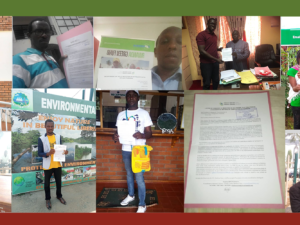Citizens’ Climate International view for G7
- Every person everywhere has a right to live in a world where collective decisions and mainstream investment uphold and safeguard the health and resilience of natural systems, including Earth’s uniquely optimal climate system.
- Ensuring climate action and investment meet this standard of equity and solidarity is critical to securing a livable climate future of inclusive sustainable development.
URL Reference: https://japan.citizensclimatelobby.org/2021/05/30/unfccc-virtual-meetings-can-set-stage-for-climate-action-upgrade-at-cop26/
Resilience Intel brief for G7
A world that works must work for everyone. To achieve this, the leaders of the G7 should lead by example by recognizing that (1) we are all future-builders, (2) health is a fabric of wellbeing and value, (3) resilience is a baseline imperative, and by acting to ensure we (4) leave no one behind, (5) design to transcend crisis, and (6) maximize integrative value creation.
So, we welcome the G7’s inclusion of gender equality as an element of overall economic recovery. We also welcome the emphasis on global resilience, pandemic preparedness, and climate and Nature. Building operational resilience, as a foundation for sustainable shared prosperity, means not only investing in new solutions; it means investing in the protection and empowerment of everyone, and of the natural systems that sustain life.
The G7 can set the table for global success in sustainable recovery, by:
- Setting eradication of COVID-19 as the long-term goal;
- Mobilizing vaccinations equitably for all nations;
- Aiming for at least 60% GHG emissions reductions by 2030, powered by strong carbon prices;
- Committing to material investment in Nature, including the health of land-based and marine ecosystems, and regenerative food systems;
- Enhancing cooperation to expand the space for human thriving and ingenuity;
- Reconfiguring trade, banking, and central banking relationships to prioritize multi-system resilience.
URL: https://resilienceintel.org/2021/06/12/g7-summit-covid-climate-crisis-management/
Joe Robertson, Executive Director, Citizens’ Climate International, U.S. American
“The G7 Leaders’ commitment to end the pandemic and build better together is welcome, but language about equity and shared resilience needs to be matched with real-world action, including mobilization of capital and vaccine manufacturing and distribution capability. Millions of lives can be saved, if vaccine cooperation is done right, and every one of those lives matters to many others.”
“Citizens’ Climate International welcomes the commitment to conserve or protect at least 30 percent of our land and oceans by 2030, and for early action to halve emissions on the way to net zero. We need to see operational change in trade, banking, and finance to ensure these goals are achievable for all nations.”
“The G7 Leaders’ commitment to protect and promote democracy and human rights is vital. Sustainable human development cannot be achieved if we allow powerful interests to operate beyond the rule of law or without full respect for the rights and dignity of every human being.”
“Multi-trillion-dollar recovery investments must align fully with climate resilience and sustainable development, or they risk locking in unaffordable, irreversible damage to natural systems.”
“International cooperation to end climate disruption requires enforcement of carbon pledges, in line with science-based targets. Plans for carbon border adjustments should be welcomed as an opportunity for enhanced cooperation to reach climate neutrality goals.”
——
Cathy Orlando, Director of Programs, Citizens’ Climate International, Canadian
“Citizens’ Climate International is a network of climate leaders in 71 countries including colleagues in some of the most vulnerable countries on the planet. The G7’s pledge of $100 billion per year for climate finance recognizes that the climate crisis is not a zero-sum game. We all will win when the G7 follows through on that commitment with urgency and inclusivity.”
——
The voices of some of our volunteer leaders
“Analysts have reiterated that a global price on carbon is the single most effective tool to address the climate crisis. World leaders from the G7/G20 countries have to see the writing on the wall, and the pathway to net-zero emissions by 2050 must include carbon pricing. Climate income linked to carbon pricing could help developing countries implement hard policy decisions required to address the urgency of climate action.”
– Rituraj Phukan, CCL India
“Climate Change is a global concern. Having agreement on the way forward is the only way to reduce emissions and protect all countries, including those within the G7. A robust carbon price, with a recycled dividend to ensure it protects the vulnerable, and a border carbon adjustment to protect business and encourage propagation of carbon pricing around the world would go a long way to achieving this.”
– Louisa Davison, CCL UK
“The G7 has made a useful start in its response to global warming. Its efforts to address global inequalities in response to both COVID and climate are welcome. Much of this effort is cancelled out, however, by continued support and subsidy for fossil fuels, sometimes in the name of economic recovery. A transparent carbon price with dividend can end these wasteful subsidies and redirect them to households where they can be spent on low to zero carbon products and drive the decarbonization of the global economy.”
– Rod Mitchell, CCL Australia
“The G7 needs to stop playing ignorant on environment issues and agreements, particularly the ones that concern drilling, emissions of pollutants into the air, water and land. For the process of making a safer environment and tackling the biggest issues we are currently facing in the world, the leadership of G7 need to show responsibility and follow through on their obligations. There needs to be more commitment to Green Energy than Fossil fuels.”
– Precious Kalombwana, CCL Zambia
“We earn a lot from nature. If the G7 keeps failing to maintain their practices towards nature they need to know that environmental destruction is a real pandemic and more dangerous than COVID-19.. We don’t have a vaccine towards it. Let us all be responsible and change our behaviour towards nature. If we fail to respect mother Earth now, we are going to pay in many lives and funds to maintain it.
– Jussa Kudherezera, CCL Zimbabwe
“The global conversation around climate change has for a while been skewed towards a lot of talk and signing of agreements, much more than concrete actions. It is in the light of the foregoing that we welcome the commitment of the G7 to a greener future. However, the G7 must realise that the world has lost a lot of time to what seems like a siamese twin of talk and climate action body language. It is time for the vehicle of a green and sustainable future to start moving and we are optimistic that the G7 will be a good driver of this ambition.”
– Joseph Ibrahim, CCI Nigeria.
“As citizens of the European Union, we ask for greater ambition with carbon pricing. We have lessons from the mouvement des gilets jaunes in France in 2018 and the recent Swiss referendum. Climate Income is a simple solution everybody can understand and support. Climate Income will #MindTheGap for both the climate crisis and income inequality.”
– James Collis, Chair of Citizens’ Climate Europe
“The G7 leaders said policies to put a price on CO2 will help them decarbonize their economies. This is real good news for CCL France, advocating for an ambitious international price and to distribute the money resulting from carbon pricing to citizens as a Climate Income. This would both avoid yellow vest reaction to the increased fossil fuel cost and allow sustainable development of every human.”
– Sidonie Ruban, President of Lobby Climatique Citoyen
“In South Africa, the President announced that government will amend schedule 2 restrictions for electricity generation from 1MW to 100MW.
This then means that Independent Power Producers are able to generate electricity (mostly Solar and Wind) for resale into the grid; and mining conglomerates may now generate their own power to meet their own demand and also sell the excess into the grid for public consumption.
This is a move in the right direction because it helps reduce dependence on coal powered power plants for electricity generation.
Also, this opens an investment gateway for South Africa, seeing that the announcement is in line with the G7 vision with regard to the use of coal.
The G7 has committed to end the funding of new coal generation and instead invest up to $2.8 Million in developing countries to stop the use of coal.”
I’m confident that South Africa as a regional powerhouse in the SADC is indeed leading the way to a positive impact on climate change.”
– Mathakha Musehane, CCI South Africa
“G7 leaders should push for more action than meetings because now is the time. We may not have a second chance when nature decides to act before we do.”
– Ann Grace Akiteng, CCI Uganda
The world needs to focus on the great potential to achieve GHG reduction through a carbon price that allows at the same time to advance in strategies of adaptation, restoration and closing gaps. Post-COVID we must promote equal opportunities and a fair market to achieve the even more necessary energy and economic transition.
– Laura Morales, CCL Colombia







